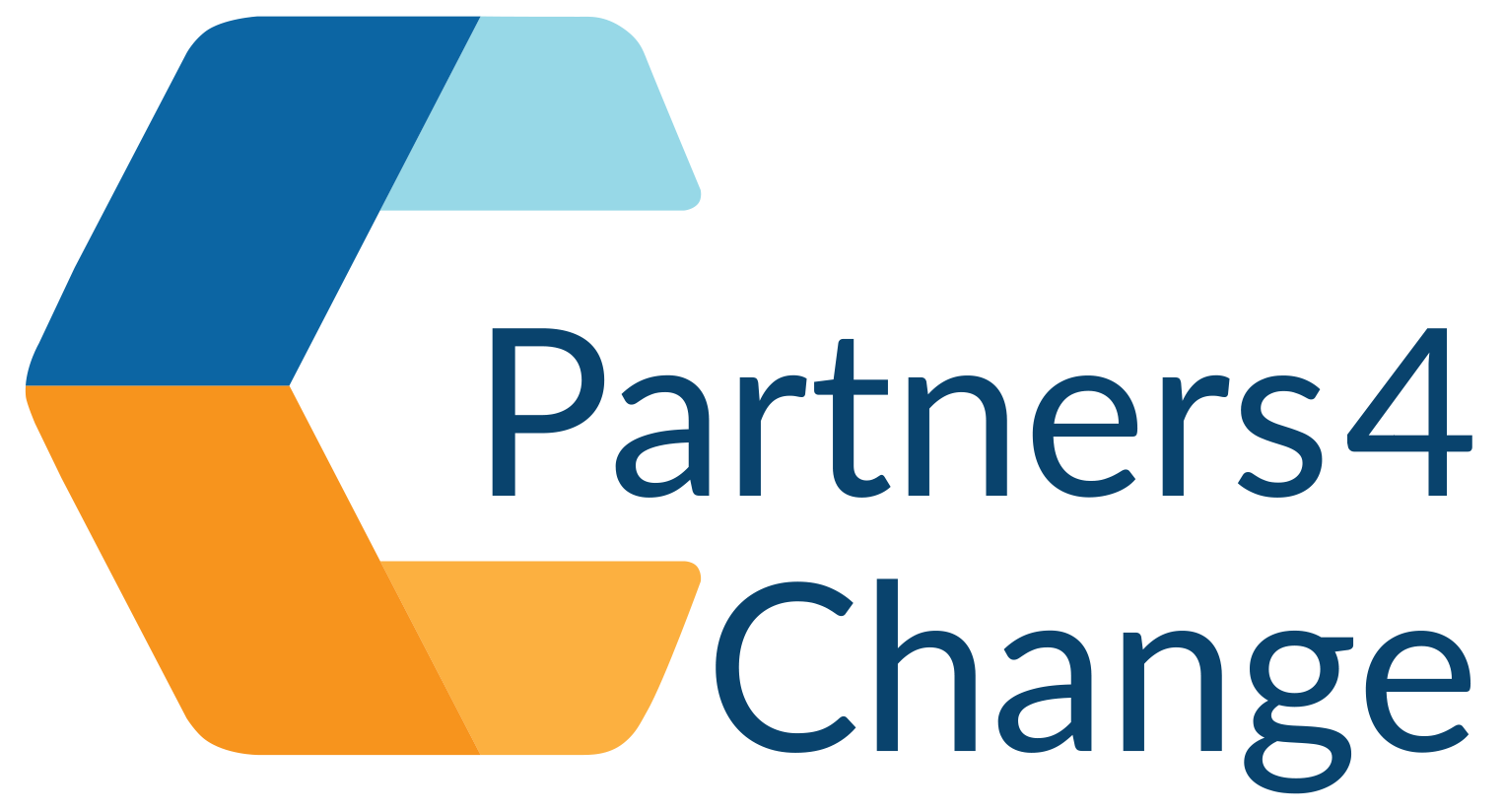Words that make you go hmmm…
“If you really want to change practice then you have to adopt a new language” Sam Newman, Director, Partners4Change. Conversations Count is based on The Three Conversations®. Partners4Change have a list of words that are banned in their approach. Many of these words describe what we currently do, including ‘assessment’, ‘review’, ‘allocation’, ‘hand-off’, ‘referral’, ‘pathway’, ‘journey’ and ‘waiting list’. Others describe who we currently do these things to: ‘customer’; ‘client’; ‘service user’; ‘case’. All the banned words are words that we use all the time. We weren’t sure about banning words. It felt a bit extreme. So, we described the…
